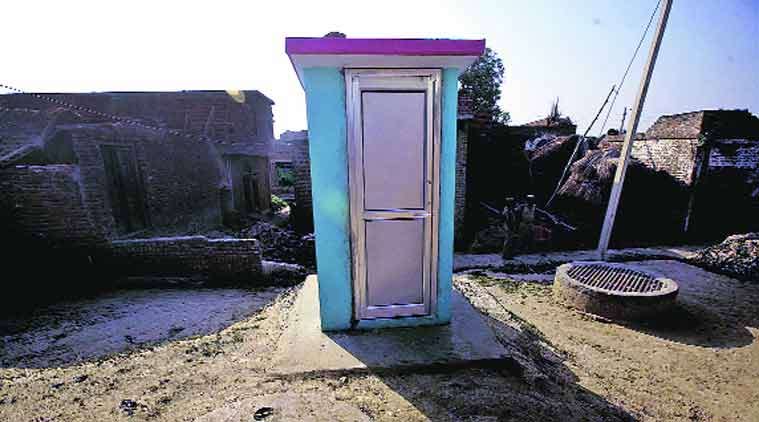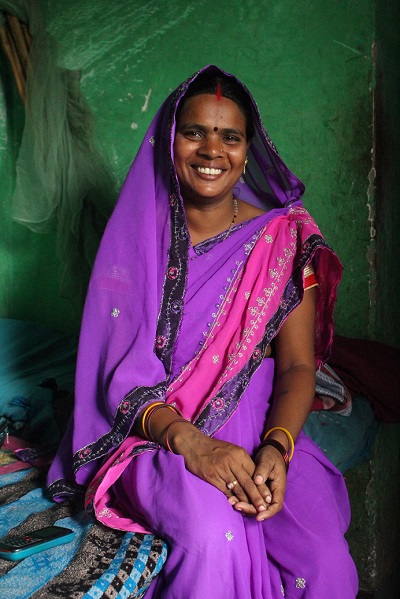On World Toilet Day let’s end women’s daily search for a private place amongst the bushes
In my early 20’s I taught science and maths to teenagers in the Kalahari Desert. My village was two days drive along a sandy track to the nearest town. Whenever I travelled into town and we had a ‘pit stop’, the men quickly found a spot to relieve themselves on one side of the Bedford truck, the women went to the other side to search for a scraggly acacia bush to hide behind for privacy. It was, for a 23-year-old used to modern comforts, confronting and awkward.
This is the daily reality for millions of families in developing countries who defecate in the open because they don’t have a toilet. Women and girls living in remote villages in places like the Kalahari and in countries like India, walk a long way from their home to defecate so they can have privacy. They usually wait until the evening, placing them at risk of abuse and violence when they go outside on their own. A lack of toilets also means girls miss school and women miss work when menstruating, impacting their education and income, both essential if they are to lift themselves out of poverty.

Lack of toilets and open defecation leads to a sickness cycle because so many diseases are caused by the faeces that enters water in the wells and streams families use for drinking, cooking and washing. This in turn has an economic impact – if families are too sick to work, their ability to earn incomes and lift themselves out of poverty is thwarted. When children are constantly sick, they don’t go to school, missing the education they need to break the cycle of poverty.
On World Toilet Day on Sunday 19 November, let’s join together and raise awareness of the global sanitation crisis.
By raising awareness of this issue, our aim should be to attract funding to build the infrastructure and systems and provide the training and support necessary to achieve Sustainable Development Goal 6 – ‘Ensure the availability and sustainable management of water and sanitation for all.’ To achieve this goal, governments, industry, investors and development agencies globally need to innovate and collaborate. There’s an urgent need for us to support the construction of engineering solutions in the cities of developing countries, and non-water based solutions in rural areas. There’s a great opportunity to turn human sewerage into biogas that can be used to generate electricity, converting waste into a valuable resource that’s in short supply in many areas. My hope is that we embrace this opportunity as it provides a sustainable solution to both a waste disposal problem and a scarce resource issue.
Lack of sanitation is a critical issue in the Indian state of Bihar, with 79 per cent of households practising open defecation. Opportunity International Australia is providing thousands of families in Bihar with loans for toilets and the health leaders Opportunity’s partner Healing Fields trains are helping families to build toilets. My swimwear company, Journe Australia, supports the training of these health leaders and their work helping families to prevent illness by installing and using toilets.

Seema Bharti a Health Leader in India
Seema Bharti is a health leader in India who has educated hundreds of families in her village about hand washing, building and using toilets, maternal health, using sanitary napkins instead of rags and leaves, nutrition and first aid. She discovered her community had been granted funding to build toilets in every household. Despite some resistance, Seema and other women from her village lobbied authorities to build the toilets. They eventually agreed and now everyone in Seema’s village of 300 families has one. Seema is a change agent, a leader within her community, creating a better future for her friends and family. Journe Australia is proud to support entrepreneurs like Seema who are helping to end women’s daily search for a private place amongst the bushes.
Liz Henderson is the Chair of luxury swimwear company Journe Australia.
If you'd like to help families in developing countries to build toilets click here.